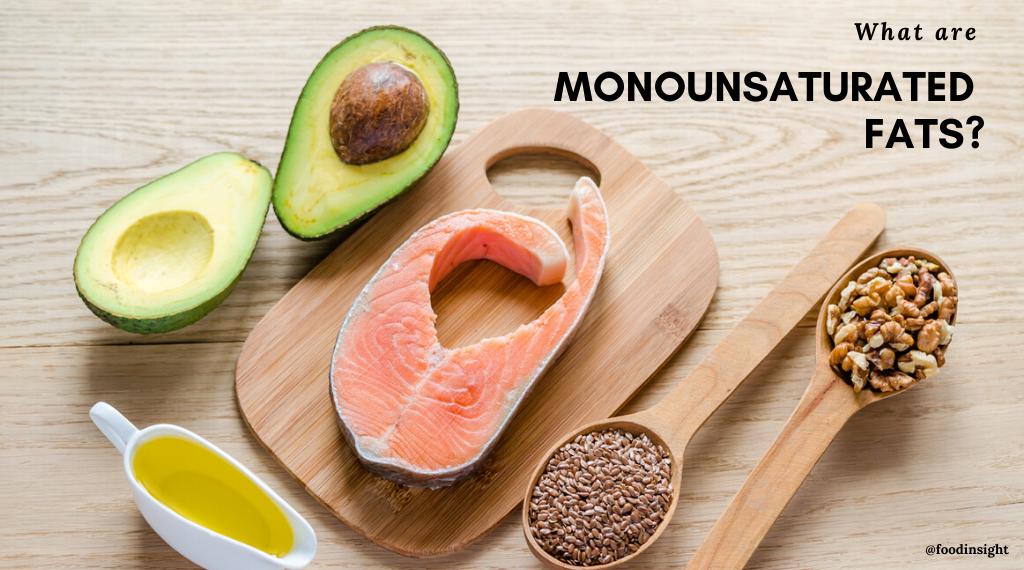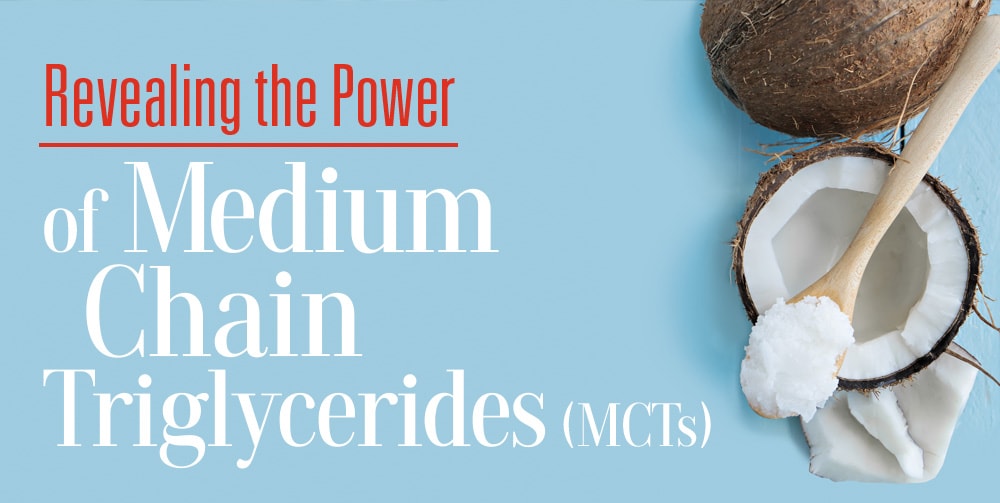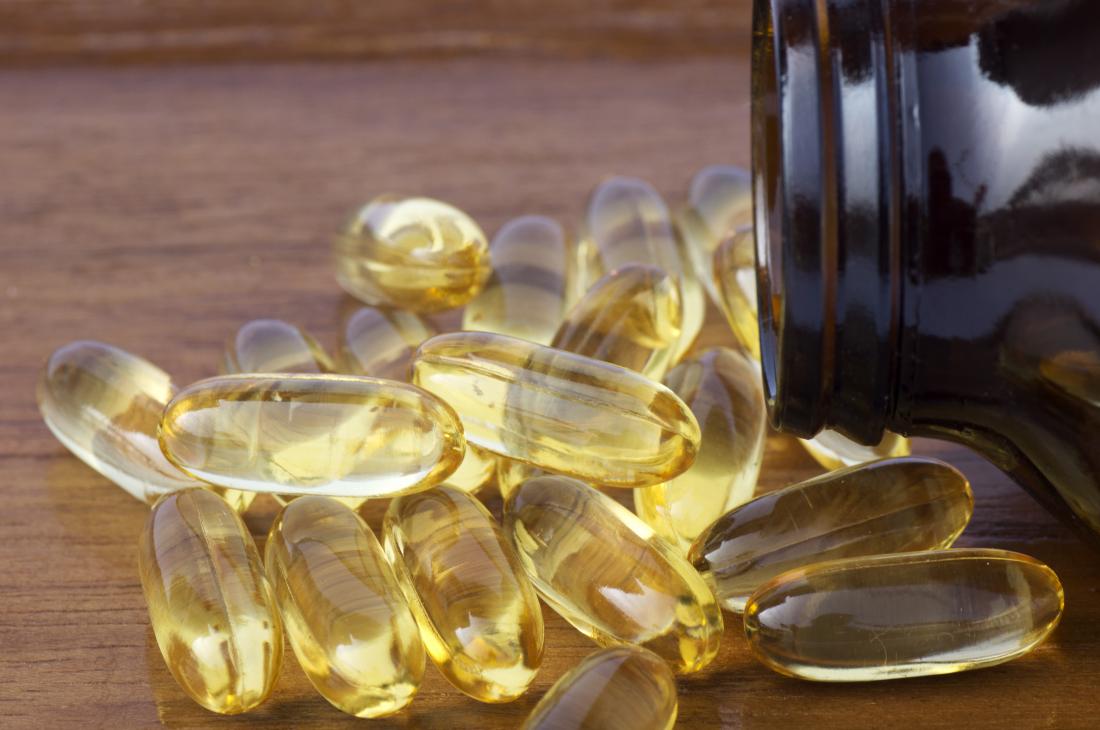Steatosis, also known as fatty liver, is a condition that occurs when excess fat accumulates in the liver. This can lead to inflammation, liver damage, and in severe cases, cirrhosis. While there are various factors that can contribute to the development of steatosis, diet plays a crucial role in both its prevention and treatment.
In this post, we'll be discussing the top 5 non-saturated fats that can help prevent the progression of steatosis. These healthy fats provide the liver with the energy it needs to function properly and can also help reduce inflammation and improve insulin sensitivity, which are factors that contribute to the development of steatosis.
We'll be looking at omega-3 fatty acids, monounsaturated fatty acids, medium-chain triglycerides, phosphatidylcholine, and conjugated linoleic acid. We'll explore the sources of these fats, their benefits for the liver, and how they can be incorporated into a balanced diet.
It's important to remember that while non-saturated fats can be beneficial for preventing the progression of steatosis, a healthy diet and lifestyle overall are essential for maintaining liver health. So let's dive into the world of non-saturated fats and learn how we can keep our livers healthy and functioning optimally.
1, Omega-3 Fatty Acids.
Omega-3 fatty acids are an essential type of polyunsaturated fat that the body needs for optimal health. These healthy fats are found in oily fish such as salmon, mackerel, and sardines, as well as in plant-based sources such as flaxseeds, chia seeds, and walnuts.
One of the key benefits of omega-3 fatty acids is their ability to reduce inflammation in the liver. Inflammation is a common factor in the development of steatosis, and omega-3 fatty acids can help to counteract this by reducing the levels of pro-inflammatory molecules in the liver.
Omega-3 fatty acids also help to improve insulin resistance, which is another factor that can contribute to the development of steatosis. By improving insulin sensitivity, omega-3 fatty acids can help the body to better regulate blood sugar levels and reduce the risk of developing type 2 diabetes.
To incorporate more omega-3 fatty acids into your diet, try adding oily fish to your meals a few times per week, or include plant-based sources such as flaxseeds, chia seeds, and walnuts in your snacks and meals. Alternatively, you can take omega-3 supplements, but it's important to speak to your healthcare provider before starting any new supplement regimen.
2, Monounsaturated Fatty Acids.
Monounsaturated fatty acids (MUFA) are a type of healthy fat that can be found in various foods, including avocados, nuts, and olive oil. Consuming foods rich in MUFA has been shown to have numerous health benefits, including reducing inflammation in the liver and improving insulin sensitivity, which can help prevent the progression of steatosis.
Research suggests that diets high in MUFA can help to reduce liver inflammation and improve liver function, both of which are important for maintaining liver health. MUFA can also help to improve insulin sensitivity, which can reduce the risk of developing type 2 diabetes and other metabolic disorders.
One of the easiest ways to incorporate more MUFA into your diet is to use olive oil as a cooking oil or salad dressing. Avocado, nuts, and seeds are also excellent sources of MUFA and can be easily incorporated into your meals and snacks. However, it's important to consume these foods in moderation, as they are high in calories and can contribute to weight gain if consumed in excess.
In summary, including foods rich in MUFA, such as avocado, nuts, and olive oil, in your diet can help to reduce inflammation in the liver and improve insulin sensitivity, which are key factors in preventing the progression of steatosis.
3, Medium-Chain Triglycerides (MCTs).
Medium-chain triglycerides (MCTs) are a unique type of fat that can be found in foods such as coconut oil, palm kernel oil, and dairy products. Unlike other types of fat, MCTs are rapidly metabolized by the liver and are quickly converted into energy, making them an excellent source of fuel for the body.
Studies have shown that consuming MCTs can have numerous health benefits, including helping to prevent the accumulation of fat in the liver. By providing the liver with a quick source of energy, MCTs help to prevent the liver from storing excess fat, which can contribute to the development of steatosis.
Additionally, MCTs have been shown to help with weight loss and weight management, as they can help to increase feelings of fullness and boost the metabolism. This can help to reduce the risk of developing obesity and other metabolic disorders, which are known risk factors for the development of steatosis.
To incorporate more MCTs into your diet, try using coconut oil in your cooking or adding it to your smoothies or coffee. However, it's important to consume MCTs in moderation, as they are high in calories and can contribute to weight gain if consumed in excess.
In summary, consuming foods high in MCTs, such as coconut oil and palm kernel oil, can help to prevent the accumulation of fat in the liver and reduce the risk of developing steatosis. Additionally, MCTs can help with weight management and overall metabolic health, making them an excellent addition to a healthy diet.
4, Phosphatidylcholine.
Phosphatidylcholine (PC) is a type of fat that is an essential component of cell membranes and is found in foods such as egg yolks, soybeans, and sunflower seeds. Research has shown that supplementation with PC can have numerous health benefits, including improving liver function and reducing liver fat accumulation in patients with steatosis.
Studies have found that PC supplementation can help to improve liver function by promoting the growth of healthy liver cells and reducing inflammation in the liver. Additionally, PC can help to reduce liver fat accumulation by increasing the breakdown and elimination of fat in the liver.
PC supplementation has been shown to be particularly effective in patients with non-alcoholic fatty liver disease (NAFLD), a condition characterized by the accumulation of fat in the liver. In fact, some studies have found that PC supplementation can improve liver function and reduce liver fat accumulation in as little as 12 weeks.
While PC can be found in certain foods, it can also be taken as a supplement. However, it's important to speak to your healthcare provider before starting any new supplement regimen.
In summary, consuming foods rich in phosphatidylcholine, such as egg yolks, soybeans, and sunflower seeds, or taking PC supplements, can help to improve liver function and reduce liver fat accumulation in patients with steatosis. If you are considering taking PC supplements, it's important to speak to your healthcare provider first to determine the appropriate dosage and ensure that it's safe for you to take.
5, Conjugated Linoleic Acid (CLA).
Conjugated linoleic acid (CLA) is a type of fat that is found naturally in dairy products and beef. CLA has been shown to have a range of health benefits, including reducing inflammation in the liver and improving insulin sensitivity, which can help prevent the progression of steatosis.
Studies have found that CLA can help to reduce liver fat accumulation by improving the metabolism of fat in the liver. Additionally, CLA has been shown to reduce inflammation in the liver, which can help to prevent further damage to the liver and reduce the risk of developing more serious liver conditions.
CLA has also been shown to improve insulin sensitivity, which is important for regulating blood sugar levels and preventing the development of metabolic disorders such as diabetes. By improving insulin sensitivity, CLA can help to reduce the risk of developing insulin resistance, a key risk factor for the development of steatosis.
While CLA can be found naturally in certain foods, it can also be taken as a supplement. However, it's important to speak to your healthcare provider before starting any new supplement regimen.
In summary, consuming foods rich in conjugated linoleic acid, such as dairy products and beef, or taking CLA supplements, can help to reduce inflammation in the liver, improve insulin sensitivity, and prevent the progression of steatosis. If you are considering taking CLA supplements, it's important to speak to your healthcare provider first to determine the appropriate dosage and ensure that it's safe for you to take.
In conclusion, the top 5 non-saturated fats we've discussed in this post are excellent choices for those looking to prevent the progression of steatosis. Incorporating these healthy fats into your diet can help reduce inflammation, improve insulin sensitivity, and provide the liver with the energy it needs to function properly.
Remember to consume these fats in moderation and as part of a balanced diet, along with regular exercise and avoiding harmful substances like alcohol and tobacco. If you're experiencing symptoms of steatosis, it's important to consult with your healthcare provider for proper diagnosis and treatment.
We hope you found this post informative and helpful in understanding the role of non-saturated fats in liver health. Thank you for watching, and please don't forget to like and subscribe to our channel for more informative content on health and wellness.




Comments
Post a Comment